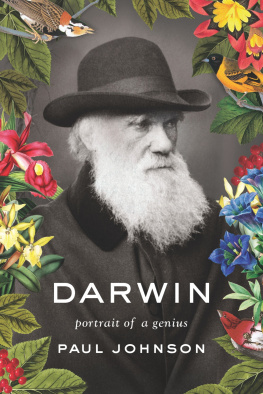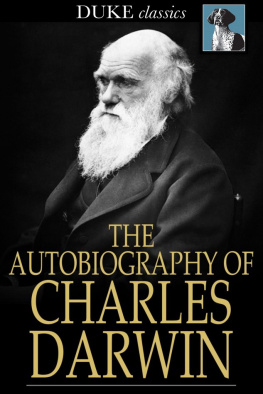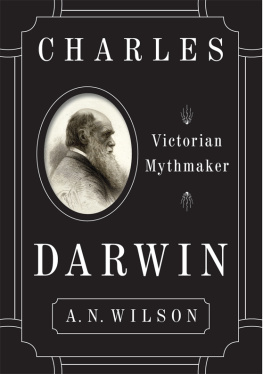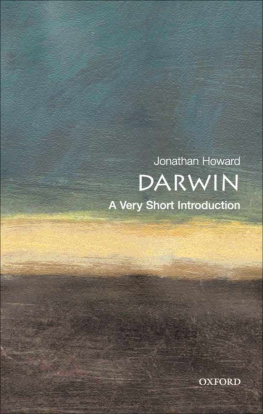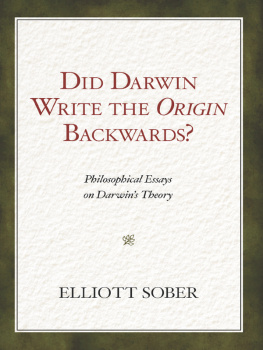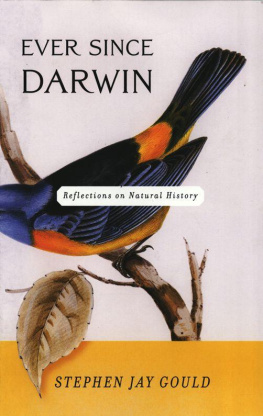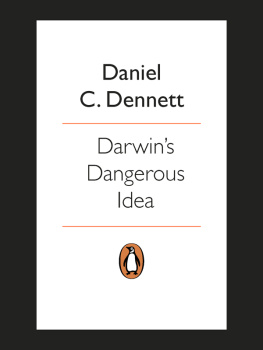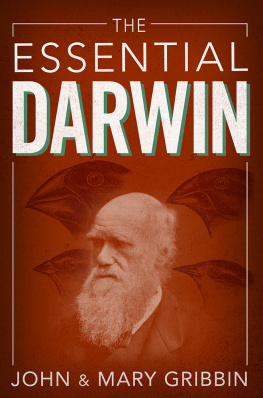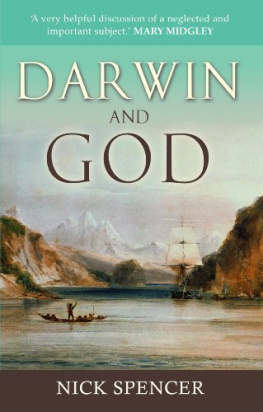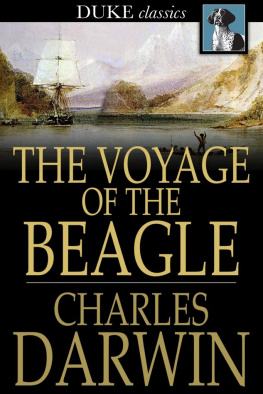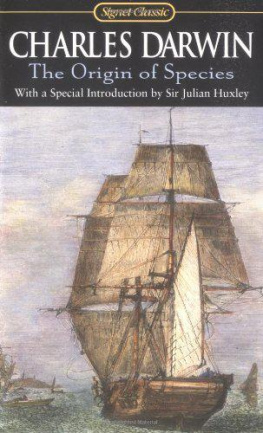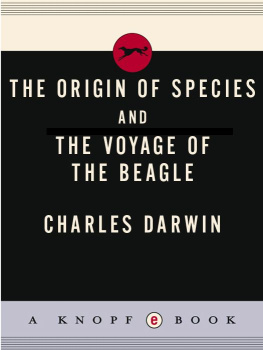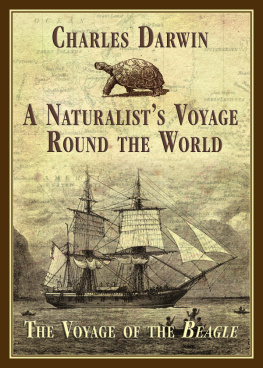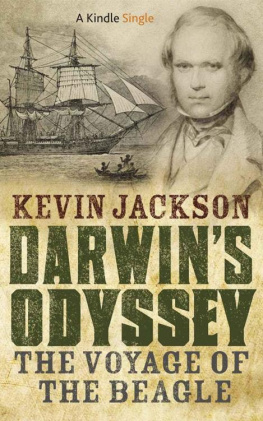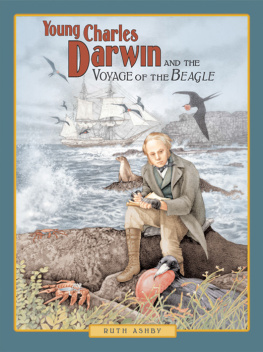Paul Johnson
DARWIN
Portrait of
a Genius
VIKING
ALSO BY PAUL JOHNSON
Socrates
Jesus
Churchill
Modern Times: The World from the Twenties to the Nineties
A History of the Jews
The Birth of the Modern World: World Society 18151830
Intellectuals: From Marx and Tolstoy to Sartre and Chomsky
A History of the American People
Art: A New History
George Washington: The Founding Father
Creators: From Chaucer and Drer to Picasso and Disney
Napoleon: A Penguin Life
Heroes: From Alexander the Great and Julius Caesar to Churchill and de Gaulle
VIKING
Published by the Penguin Group
Penguin Group (USA) Inc., 375 Hudson Street, New York, New York 10014, U.S.A.
Penguin Group (Canada), 90 Eglinton Avenue East, Suite 700, Toronto, Ontario, Canada M4P 2Y3 (a division of Pearson Penguin Canada Inc.)
Penguin Books Ltd, 80 Strand, London WC2R 0RL, England
Penguin Ireland, 25 St. Stephens Green, Dublin 2, Ireland (a division of Penguin Books Ltd)
Penguin Books Australia Ltd, 250 Camberwell Road, Camberwell, Victoria 3124, Australia (a division of Pearson Australia Group Pty Ltd)
Penguin Books India Pvt Ltd, 11 Community Centre, Panchsheel Park, New Delhi110 017, India
Penguin Group (NZ), 67 Apollo Drive, Rosedale, Auckland 0632, New Zealand (a division of Pearson New Zealand Ltd)
Penguin Books (South Africa) (Pty) Ltd, 24 Sturdee Avenue, Rosebank, Johannesburg 2196, South Africa
Penguin Books Ltd, Registered Offices: 80 Strand, London WC2R 0RL, England
First published in 2012 by Viking Penguin, a member of Penguin Group (USA) Inc.
Copyright Paul Johnson, 2012
All rights reserved
LIBRARY OF CONGRESS CATALOGING IN PUBLICATION DATA
Johnson, Paul.
Darwin : portrait of a genius / Paul Johnson.
p. cm.
Includes index.
ISBN 978-1-101-60115-0
1. Darwin, Charles, 18091882. 2. NaturalistsEnglandBiography. I. Title.
QH31.D2J64 2012
576.8'2092dc23
[B]
2012003433
No part of this book may be reproduced, scanned, or distributed in any printed or electronic form without permission. Please do not participate in or encourage piracy of copyrighted materials in violation of the authors rights. Purchase only authorized editions.
To my grandson Ralph
Contents
CHAPTER ONE
A Heritage of Genius,
and Its Shadow
CHAPTER TWO
Education and
Self-Education of a Scientist
CHAPTER THREE
The Loss of God
CHAPTER FOUR
The Making of a Masterpiece
CHAPTER FIVE
Among the Apes and Angels
CHAPTER SIX
How the Great Botanist Missed an Opportunity
CHAPTER SEVEN
Evils of Social Darwinism
CHAPTER EIGHT
Triumph and the Reversal
of Natural Selection
A ll his life, Charles Darwin believed that inheritance was much more important in shaping a man or woman than education or environment. Nature rather than nurture was formative, in his view. Though he knew nothing of the science of genetics, and never used the word gene, which is first recorded in English in 1911, more than a quarter-century after his death, he is a classic case of genetic inheritance. Indeed, two of his grandparents and his father can reasonably be classified as geniuses.
His paternal grandfather, Erasmus Darwin (17311802) came from an old family of modest landowners. After Cambridge, he trained as a doctor in Edinburgh, and then practiced in Litchfield, Dr. Johnsons town (they did not get on). He was successful and had many patients, easily earning 1,000 a year, a handsome income then. News of his skill reached the ears of George III, who invited him to come to London as the royal doctor. But Dr. Darwin declined. The Hanoverian royals were slow at paying their doctors. In any case, Darwin was happy as he was, combining a busy provincial practice with poetry and science. The symbol of this dualism was his coach, which he designed himself. It was fitted up with a writing desk, a skylight, and a portion of his library, so that he could carry on his intellectual pursuits while going on his daily round of professional calls.
His mind was large, noble, and omnivorous. He was interested in every aspect of science, both theoretical and empirical. He had a maxim: Any man who never conducts an experiment is a fool. He read widely, in French as well as English, and two of his favorite authors were Buffon and Lamarck, both early exponents of the theory of evolution. He met and corresponded with Rousseau. He attended regular discussion groups with early industrialists and inventors, such as Watt and Boulton. His chief passions, however, were botany and animal life. As he prospered, he bought a plot of land and planted an eight-acre experimental garden. He wrote and published a two-part didactic poem, The Botanic Garden, covering The Economy of Vegetation and The Loves of the Plants. It was highly successful, much praised by the fastidious Horace Walpole, and translated into French, Italian, and Portuguese. He expanded the lore of his poem in a prose work, Phytologia; or, The Philosophy of Agriculture and Gardening (1799), which contains much speculation about the generative life of plants.
However, it is his treatise Zoonomia; or, The Laws of Organic Life (179496), that best illustrates his imaginative genius. In it he assumed an enormous time span for the earth, a whole generation before Lyalls geological researches established it, and speculated accurately on the successive phases of life that emerged and on its essential unity. He wrote: As the earth and ocean were probably peopled with vegetable productions long before the existence of animals, and many families of these animals long before other families of them, shall we conjecture that one and the same kind of living filaments is and has been the cause of all organic life? This was an extraordinarily perceptive question to ask in 1794, and the use of the term

